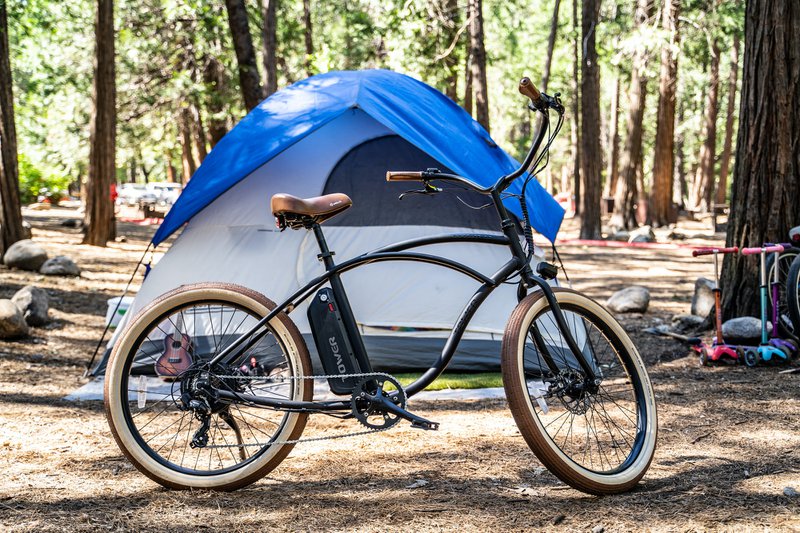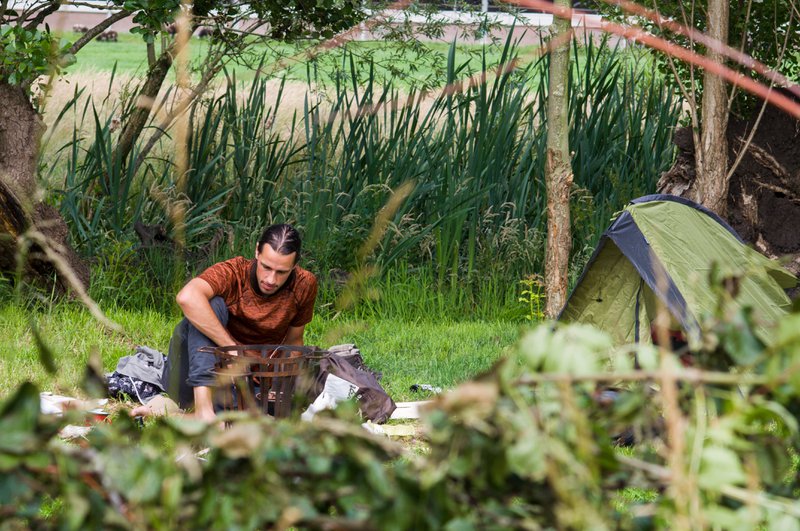
Freedom of nature
Sustainable getaways
Real human connections
Responsible travel in 2022
Learn how you can take part in responsible travel by changing your approach to booking your holidays.
At Campspace, we aim to support responsible travel by providing a solution for bookers looking for sustainable holiday options. While camping is inherently sustainable, there is nonetheless ample room to further reduce our environmental impact by continuing to connect travellers to local communities and enhancing bookers' experiences.
In this article, sustainability researcher Jessica Turco explains how you can do your part to become a responsible traveller.

Considering responsible travel options
All of life's privileges come with an inherent set of responsibilities. Responsible travel entails being socially and culturally aware while also changing one's attitude and choices when travelling. It’s about making meaningful connections and showing respect for the environment by making small changes in the way you choose to navigate and interact through space. Supporting and respecting local communities as well as their environment is at the core of being a responsible traveller.
Checklist for travelling responsibly and reducing your impact
- Use alternative modes of transportation when possible
- Travel closer to home
- Support local communities
- Actively seek low-impact accommodations
- Consider less popular locations to spread the burden of your tourism
Reconsidering your mode of transportation and choosing alternative options to motor vehicles and aeroplanes is a great start to becoming a more responsible traveller. Alternative modes of transportation include public transportation (the train, bus, and metro), riding your bicycle, and walking.

When considering alternative modes of transportation, travelling closer to home becomes more appealing and convenient. Most importantly, it allows you to discover hidden gems in your own backyard - or someone else's! While the use of motor vehicles still prevails for trips to a campspace, the European Green Deal (EGD) is putting in place plans to modernise the EU’s transport system to facilitate the use of alternative transportation options in an efficient way. These efforts are in line with their goal to reduce 90% of emissions by 2050.
Frans Timmermans, the Vice President of the EGD said
“Europe’s green and digital transition will bring big changes to the ways we move around and puts European mobility on track for a sustainable future”.Sustainable holidays and responsible travel
Sustainable holidays have always existed but now alternative forms of accommodations are gaining popularity. Campsites are typically associated with considerably lower environmental impacts per guest-per night than other types of accommodation. The main environmental impacts of camping holidays arise from transport to and from campsites, and to a far lesser degree from visitor disturbance of biodiversity in the local (usually rural) area. Energy, green house gas (GHG) emissions, and air pollution associated with transport to the campsite are primarily dependent on:
- Distance travelled
- Vehicle type and efficiency
- Vehicle occupancy
However, on average, camping holidays occur much closer to the point of home and involve multiple persons, therefore incurring significantly lower transport impacts than flight holidays.
80% of completed bookings at Campspace are domestic and take place relatively close to home.Unlike hotels and Airbnb’s, there are minimal emissions beyond GHG emissions from transport as camping establishments are not typically responsible for laundering bedclothes and towels. Indoor heating and cooling are also often small relative to the number of guests. In addition, the relatively large green areas occupied and maintained by campsites, gardens and camping fields means that more landscape remains green and untouched by industrial practices. This is one of the reasons why camping is one of the most sustainable ways to go on holiday!

Find your sustainable getaway
Up to 95% CO2 reduction if you book a campspace adventure. Learn more